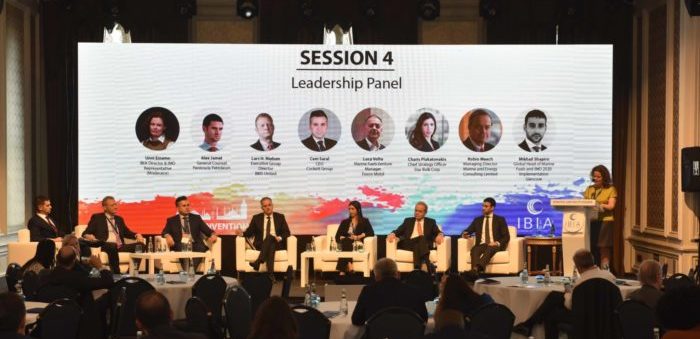The IBIA Annual Convention 2019, which took place on October 22 to 24, focused on the transition to the global low-sulphur regime in light of the upcoming 2020 sulphur cap, while also gathered major shipping stakeholders in discussions on how to bridge the gap to IMO 2020.
Accordingly, the Convention attracted a variety of delegates and shipping stakeholders, who were present to forge connections, exchange views, educate and prepare for the changes ahead.
The Convention highlighted the importance of IMO’s regulation in support and protection of the environment, which will help ships prepare and ensure that they are already equipped with control mechanisms, being in compliance with the requirements.
In the meantime, Unni Einemo, IBIA’s Director, commented that the industry should be supported to be in compliance “even if enforcement may be weak in some parts of the world.”
Attention was also given to the fact that stakeholders should collaborate and support each other to cope with the changes, and seek compliance through communication, a pragmatic approach and a cooperative spirit.
Questioning whether the industry is 2020-ready, IBIA highlights that
Judging from the messages coming from most industry stakeholders at our Convention, preparations have been made and many are just waiting for the final push during November and December.
In efforts to ease the industry into complying with the sulphur cap, IBIA alerted on the upcoming 2020 sulphur cap regulation, reminding the shipping industry that it will mandatory for vessels to have sampling point to be fitted or designated for the purpose of taking representative samples of the fuel oil being used on board the ship.
IBIA concludes that
One of our aims is to bring various stakeholders together to learn from each other and increase mutual understanding and cooperation. We all need to pull in the same direction to succeed in the transition to the global low-sulphur regime, and work together to shape our future and bring about positive change.




























































